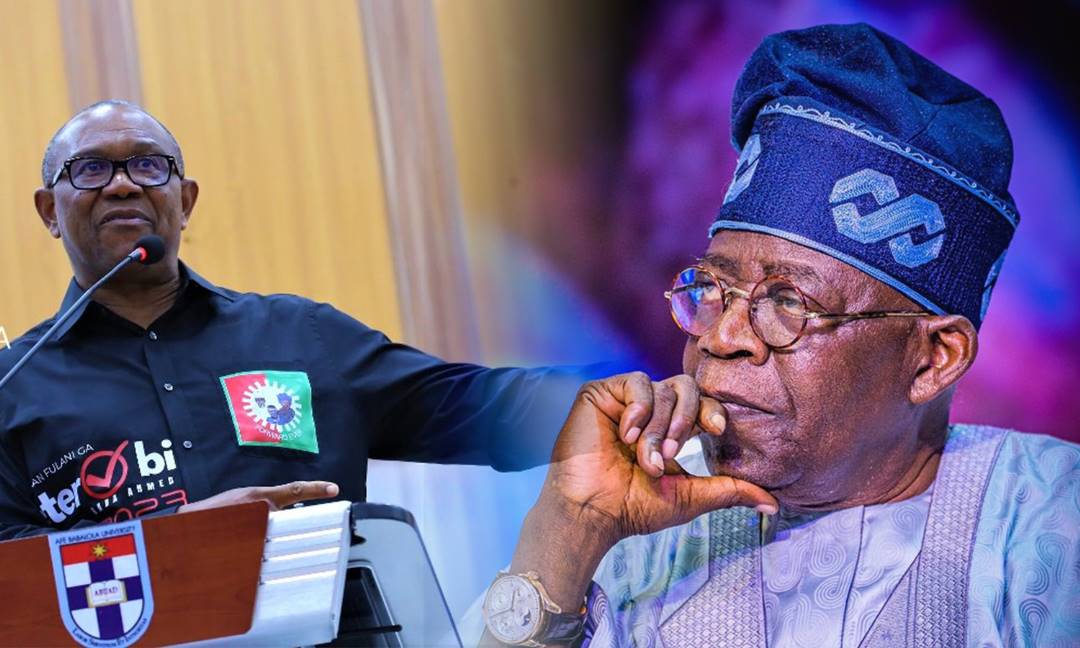POLITICS

PRESIDENCY LABELS PETER OBI POWER-HUNGRY AND LACKING GOVERNANCE EXPERTISE
On Monday, the Presidency responded to criticisms from former Labour Party presidential candidate Peter Obi, describing him as a shallow figure lacking a solid understanding of economics and governance.
Daniel Bwala, the Special Adviser to the President on Policy Communication, made the remarks in a statement shared on his official X account.
Bwala expressed surprise that Obi agreed with some of President Bola Tinubu’s economic policies, particularly the removal of the fuel subsidy and the unification of the foreign exchange rate. He stressed that Obi and other opposition leaders were primarily focused on seizing power rather than presenting alternative policies.
“Has anyone watched Peter Obi’s interview on Arise TV?” Bwala wrote. “He concurred with our policies on subsidy removal and forex unification but claimed he would have implemented them in a more ‘organised manner.’ When pressed to explain what that meant, he was evasive and did not clearly agree with us.
“Any reasonable person can see that these individuals are simply after power without any real agenda. Obi appears to have only a superficial grasp of economics and governance.
“Interestingly, the interview was conducted by a member of his own Obidient movement, which explains the absence of aggressive confrontation. Instead, it was more of a soft exchange with phrases like ‘if it didn’t dey, it didn’t dey.’”
Earlier on Monday, Obi challenged President Tinubu to provide an account of how the billions saved from the fuel subsidy removal have been spent. Obi made the demand while appearing as a guest on Arise Television.
Although he acknowledged there was nothing wrong with removing the petroleum subsidy and allowing the naira to float freely, Obi said he would have implemented these reforms more gradually and systematically compared to what he described as the Federal Government’s “haphazard” approach.
“I have always maintained that I would have removed the fuel subsidy,” Obi said. “It’s outlined clearly in my manifesto, including the steps I would have taken in an organised manner. The problem isn’t the removal itself but the chaotic way it was announced and executed.
“We were told the subsidy was removed to avoid borrowing and that the funds would be invested in critical infrastructure. Billions have been saved, but where are those funds? Where have they been invested to drive development?”
"This represents a significant development in our ongoing coverage of current events."— Editorial Board









